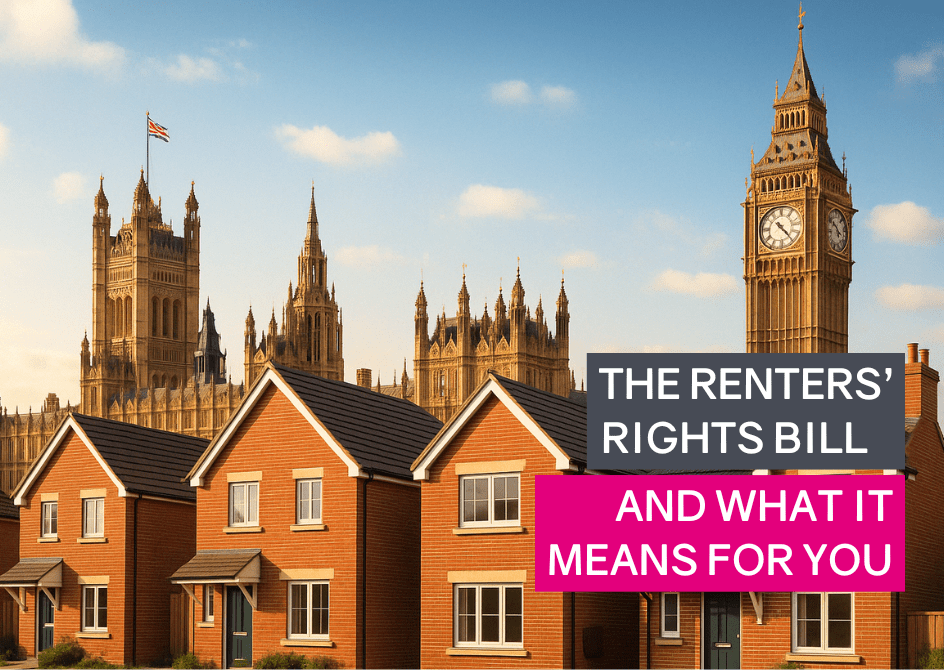9 Crown Row, Bracknell, Berkshire, RG12 0TH
The Renters’ Rights Bill: What it means for you as a landlord or tenant
Get in touch



Director of Lettings
Hannah started her career in estate agency at the age of 19 working in Maidenhead and has more than 20 years’ experience in all aspects of Lettings. Outside of work she likes to keep active, is a keen traveller and loves spending time with family and friends.
What do you like best about your job?
Building relationships with clients and helping staff develop their careers.
What might someone be surprised to know about you?
I am half Italian, hence the hair and height.
Guilty pleasures?
Shopping and eating chocolate!
My worst fashion mistake was…
A Rebock tracksuit and matching trainers!
The person I’d most like to go for a drink with is…
Sarah Jessica Parker.
On Sunday mornings, you can usually find me…
In bed with my cats Koki & Kiki.
22 Apr 2025
The UK rental market is on the brink of a significant transformation. The Renters’ Rights Bill, described as the biggest shake-up to the private rental sector in 30 years, is currently making its way through Parliament and could become law as early as summer 2025.
At Duncan Yeardley, we know that legislative changes can feel overwhelming—whether you’re a landlord or a tenant. So, we’ve broken down the key elements of the Bill to help you understand what’s coming and how it might affect you.
Goodbye Fixed-Term Contracts, Hello Flexibility
One of the most talked-about aspects of the Bill is the shift to periodic tenancies. This means:
For tenants, this means more flexibility to move—whether for work, family, or lifestyle changes.
For landlords, the loss of fixed terms may raise concerns about stability, especially in niche markets like student lettings where academic calendars play a big role.
No More ‘No-Fault’ Evictions
The repeal of Section 21 means landlords can no longer end tenancies without giving a reason.
Instead, new rules will apply:
Rent Controls and the Tribunal Process
The tribunal will now only have the power to lower proposed rent increases and cannot backdate rent hikes—providing more clarity and fairness for renters.
A New Standard for Homes
The Bill brings a new Decent Homes Standard to the private rental sector, aligned with social housing requirements. This includes:
This should raise the bar across the board, with the goal of ensuring safe, high-quality housing for all renters.
New Rules for Landlords and Agents
As your trusted letting agent, Duncan Yeardley will ensure all our landlords comply with registration and quality standards, giving tenants peace of mind.
Ending Bidding Wars and Discrimination
The Bill makes it illegal to ask for or accept bids over the advertised rental price. Also, it will be unlawful to refuse tenants because they have children or receive benefits.
These changes aim to promote fairness, transparency, and equality in the rental process.
What’s Next?
The Renters’ Rights Bill is still under parliamentary scrutiny, but given the current political majority, it’s likely to pass swiftly. Once law, it will apply to both new and existing tenancies, so preparation is key.
At Duncan Yeardley, we’re committed to keeping you informed and supported. Whether you’re a landlord needing guidance on compliance, or a tenant navigating your rights, our team is here to help you through the transition.
Questions? Contact us today to chat with a member of our lettings team on 01344 860121 —we’re always happy to help!